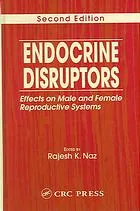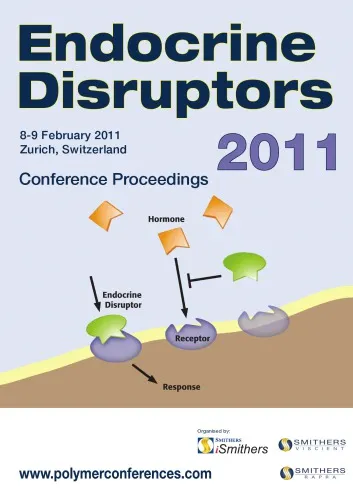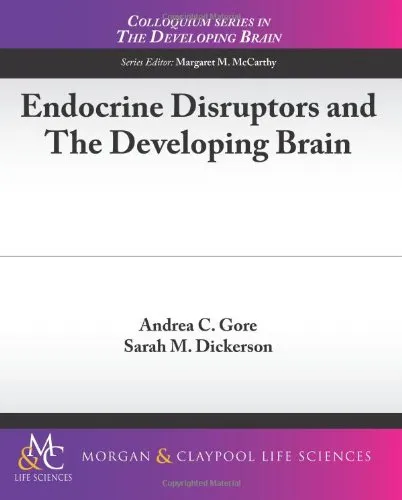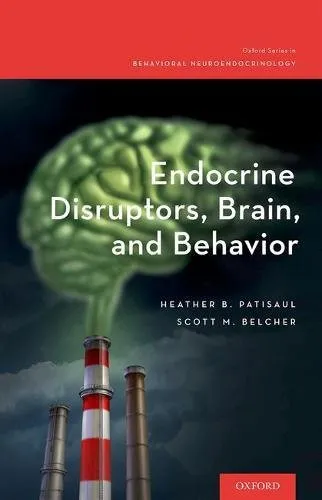Toxic Bodies: Hormone Disruptors and the Legacy of DES
4.5
Reviews from our users

You Can Ask your questions from this book's AI after Login
Each download or ask from book AI costs 2 points. To earn more free points, please visit the Points Guide Page and complete some valuable actions.Related Refrences:
Welcome to the world of "Toxic Bodies: Hormone Disruptors and the Legacy of DES", a thought-provoking exploration into the hidden impacts of synthetic chemicals on human health and the environment. Written by Nancy Langston, the book dives deep into the historical and scientific narratives of one of the earliest known hormone disruptors, Diethylstilbestrol (DES), and its ripple effects across generations.
Detailed Summary of the Book
In "Toxic Bodies", Nancy Langston meticulously investigates the cultural, scientific, and environmental facets of hormone disruptors through the lens of DES. Introduced in the 1940s, DES was used to prevent miscarriages and prescribed to millions of pregnant women, only to be discovered later as a factor causing a rare form of cancer in their daughters and other health issues in subsequent generations. Langston’s narrative weaves through this compelling history, illustrating how medical and agricultural practices intertwined to propagate the use of DES without fully understanding its consequences.
The book outlines the journey from the initial dissemination of DES to the eventual recognition of its dangers, highlighting not only the failures but also the resilience and advocacy that emerged in response. Langston examines the regulatory oversights and the role of gender in shaping the scientific discourse around hormone disruptors. Additionally, she connects past and present issues, showing parallels between DES and contemporary challenges with chemicals like BPA.
Key Takeaways
- Understanding the Legacy of DES: The book provides a comprehensive overview of DES's impact, framing it as a cautionary tale for modern chemical regulation and public health policies.
- Intersections of Science and Policy: Langston delves into how scientific understanding of hormone disruptors has been influenced by socioeconomic and political factors, urging for informed and transparent policy-making.
- The Power of Advocacy: Through detailed accounts of those affected by DES, the book underscores the importance of community action and advocacy in driving systemic change.
Famous Quotes from the Book
“The history of DES is not just the history of a drug, but the history of our attempts to control bodies, both human and ecological.”
“Our legacy of chemical management has left us with bodies that are, quite literally, toxic.”
Why This Book Matters
"Toxic Bodies" serves as a vital resource in understanding the profound and lasting impact of chemical exposure on human health and ecosystems. By revisiting the story of DES, Langston emphasizes the need for vigilance and interdisciplinary approaches in addressing modern environmental health challenges. The book calls for an integrated strategy that combines historical insights, scientific research, and public engagement to mitigate the risks posed by hormone disruptors.
Langston’s work is crucial for scientists, policymakers, health advocates, and anyone interested in the intricate relationship between humans and their environment. Her book not only informs but also inspires action towards a healthier, more sustainable future, making it an indispensable part of contemporary discussions on environmental health.
Free Direct Download
You Can Download this book after Login
Accessing books through legal platforms and public libraries not only supports the rights of authors and publishers but also contributes to the sustainability of reading culture. Before downloading, please take a moment to consider these options.
Find this book on other platforms:
WorldCat helps you find books in libraries worldwide.
See ratings, reviews, and discussions on Goodreads.
Find and buy rare or used books on AbeBooks.
1281
بازدید4.5
امتیاز0
نظر98%
رضایتReviews:
4.5
Based on 0 users review
Questions & Answers
Ask questions about this book or help others by answering
No questions yet. Be the first to ask!
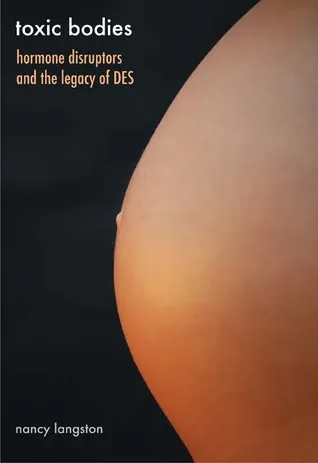

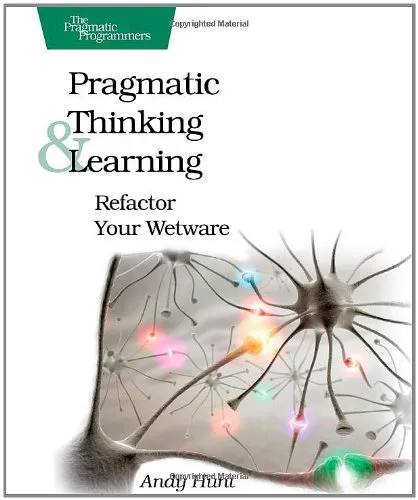

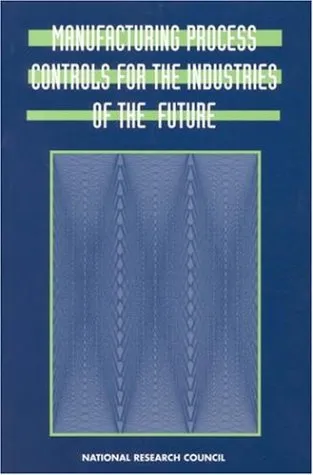

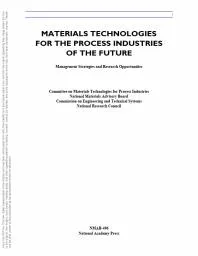
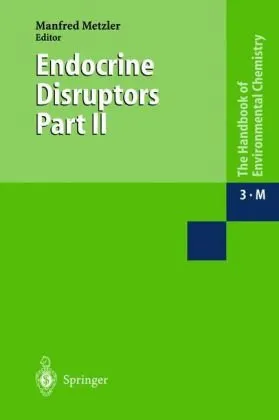
![Endocrine Disruptors - Part I [Hbk of Environmental Chem Vol 3, Part L]](https://s3.refhub.ir/images/thumb/Endocrine_Disruptors_-_Part_I__Hbk_of_Environ_13206.webp)
